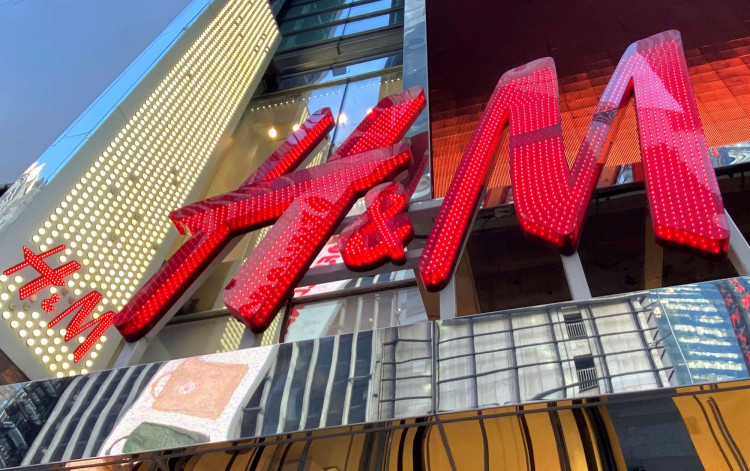Fast-fashion retailer H&M is facing a major backlash in China over a statement it made a year ago about the alleged forced labor issue in Xinjiang.
The company's products have been removed from major e-commerce websites and online users are calling for a total boycott of the brand.
Sources in China said that H&M's products have completely disappeared from major e-commerce platforms such as Alibaba's Tmall, JD.com, Pinduoduo, and Tao Bao. The company's official retail website is reportedly also no longer accessible.
Celebrity brand ambassadors such as singer Victoria Song and actor Huang Xuan have also reportedly turned their backs on the company. Huang said in a statement that he is no longer with the company as he is opposed to it spreading rumors about the country.
State-owned media have also gone on the offensive against H&M. Broadcaster CCTV accused the company of "eating China's rice while smashing its pot." Local media reports said that thousands of social media users have called on the company to immediately leave China.
H&M currently has more than 500 brick-and-mortar outlets in China. Last year, the company generated more than $1.1 billion in sales.
The company's year-old statement was revived after the Communist Youth League lashed out at H&M on Weibo. The group, which grooms young Chinese officials, accused H&M of spreading rumors and calling for a boycott on Xinjiang cotton while it makes most of its money in China.
H&M previously stated that it was "deeply concerned" about the alleged reports of forced labor and internment camps in Xinjian, which is a major source for products such as cotton. H&M said that because of the reports, it no longer sources products from Xinjiang.
H&M has declined to comment on the backlash it is now receiving in China over its previous statements.
H&M's silence on the matter follows a similar stance of other multinational companies that do not want to risk angering people in China. The situation is particularly sensitive to companies that heavily rely on sales generated from the country.
While some companies have refrained from condemning China's actions, some have made statements against forced labor. Companies such as Inditex, Nike, and Uniqlo have said that they no longer source materials from Xinjiang.





